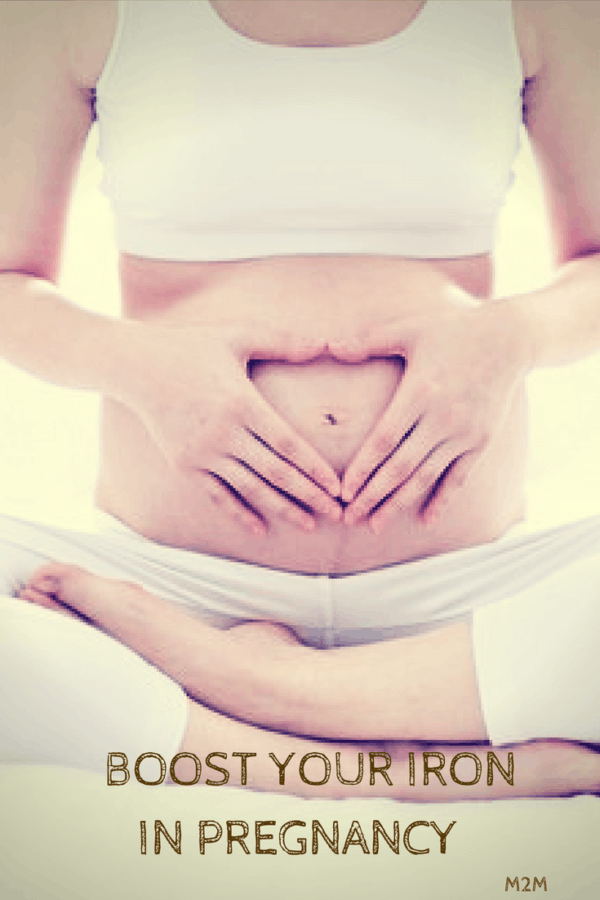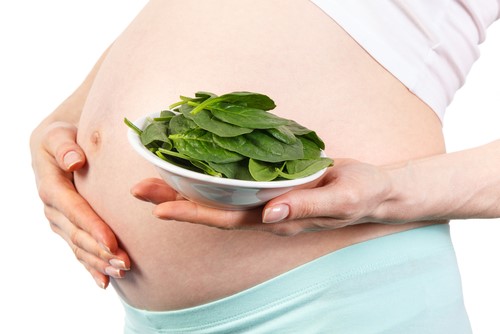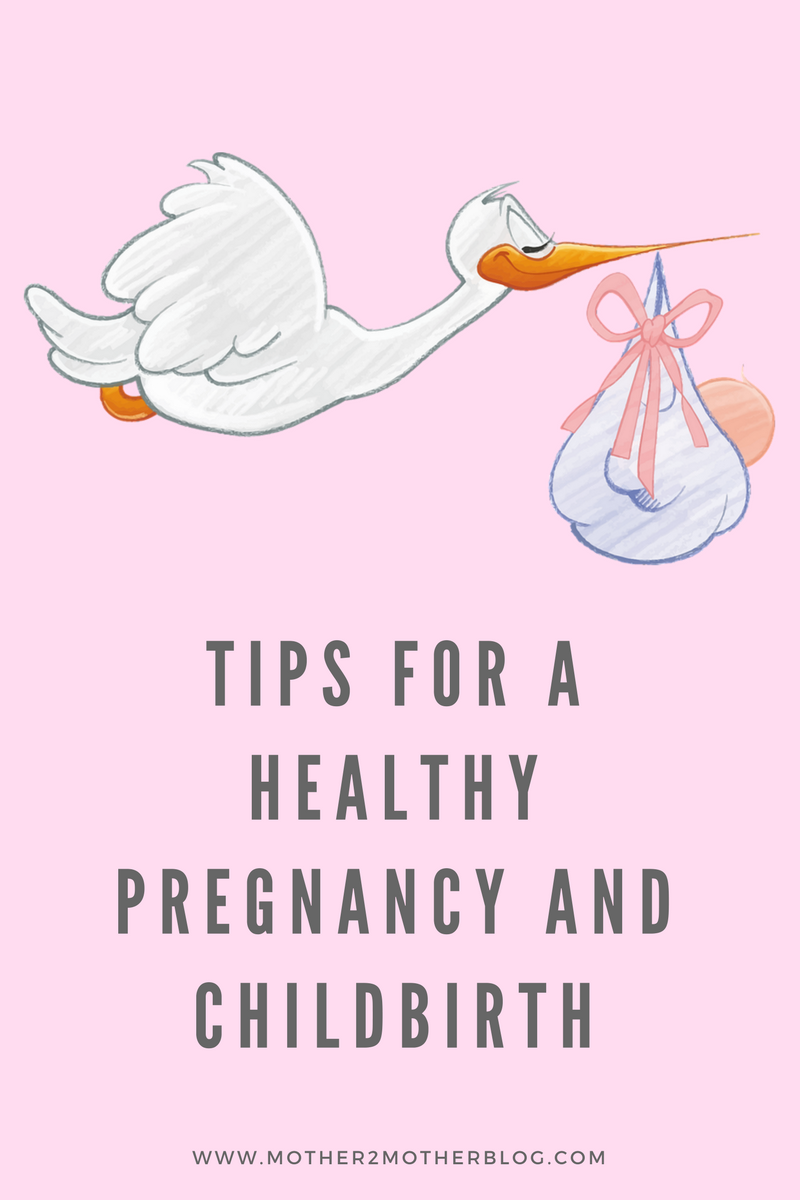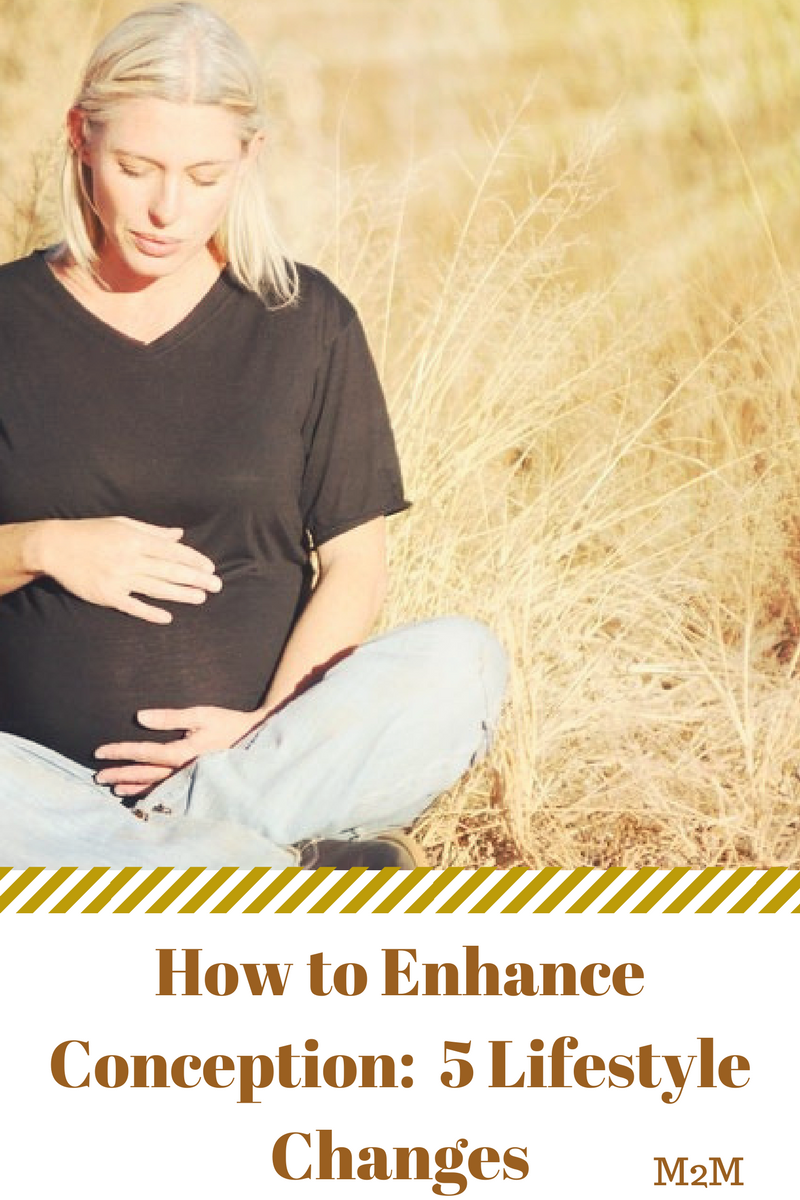
You just found out you’re pregnant. You’re very excited to become a mother. You can’t wait to spend time with your little bundle of joy, and take care of him or her throughout the years. But aside from the excitement that you’re feeling, you’re also worried because there’s now a lot of responsibilities in your hands. Your child’s life depends on everything that you do. So, you want to be careful and nurture your child in the best way possible.
Furthermore, you want to start off ensuring that your child will grow up healthy. Iron plays a big role in your child’s development. As a matter of fact, your body might not be able to provide the minerals and nutrients your unborn child needs without it. However, there are ways to boost your iron in pregnancy.
Why You Need Iron During Pregnancy
Being a mother is a fulfilling yet challenging role. It’s imperative that you give everything that your unborn child needs. Iron is important in your pregnancy because:
- It’s a requirement for making hemoglobin, the protein found in red blood cells that carries oxygen to other cells. Remember, you’re carrying another person in your body – the more hemoglobin, the better.
- It’s also an essential component of myoglobin (the protein responsible for supplying oxygen to your muscles), collagen (the protein found in your bones and other connective tissues), and many other enzymes.
- It helps maintain a healthy and strong immune system throughout the pregnancy.
How To Boost Iron During Pregnancy
Also, iron supplies several proteins in your body, which your child needs. To help boost your iron in pregnancy, take note of the tips below:

- Take an iron supplement during your pregnancy: There are several iron supplements available in the market. But, before deciding make sure you ask for your doctor’s approval. If they have a recommendation on a particular iron supplement for you, follow it. Also, inquire how many times in a day you should use it. Ask if there are dos and don’ts while you’re taking these supplements. Remember, your iron intake should help you during your pregnancy, not complicate it.
- Eat your spinach: Another way to boost your iron in pregnancy is to eat your spinach. Spinach can be bought anywhere and is a very good source of iron. Raw spinach is great in salads. You can eat your spinach with sliced strawberries, grilled meat, pasta, and cheese!
- Keep your caffeine intake down: All of your efforts to eat iron-enriched foods and supplements will be useless if you’re consuming too much caffeine. Caffeine actually dashes the effects of iron in your body. This means that if you drink cola after eating an iron-rich steak, your body will absorb less iron.
- Add more vitamin C: Vitamin C is known to improve iron absorption in your body. So whenever you’re taking your iron supplements, finish it with a glass of orange juice. You can also add fresh strawberries to your oat bran cereal or add a side of pepper with a shrimp dish to get your daily dose of Vitamin C!
Preparation Is Key
When you’re an expecting parent, you want everything to be perfect. In addition to providing for your baby in the womb, you should also be preparing financially. A pregnancy cover from your insurance policy can help. Knowing that you have everything covered will help you have a stress-free and easy childbirth.
Jessica Wilson 
Jessica is a professional health expert who works for some major health industry giants. She currently writes for Membersown and is dedicated to helping people learn more about health related topics along the journey. When she’s not a health advocate, she enjoys some down time traveling or talking with family







